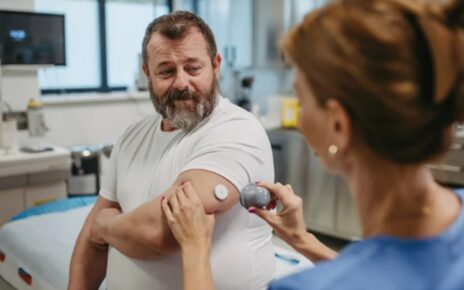Many seniors rely on walkers and other mobility devices to maintain balance and stability while walking. While walkers are commonly used due to age-related physical restrictions, the elderly population are not the only group to benefit from these assistive aids. There are medical conditions that affect people of all ages that could result in the need for a walker.
Conditions that May Require Mobility Aid
One of the most common reasons people turn to walkers is help with steadiness. Poor balance can be caused by low blood pressure, inner ear disturbances, or dizziness.
Neurological conditions, such as cerebral palsy, multiple sclerosis, and stroke, can also contribute to balance problems.
Certain health conditions can cause decreased endurance and excessive fatigue. Systemic conditions like Parkinson’s and diabetes, respiratory conditions, and arthritis can make it difficult to walk without assistance.
Some people may only need to use a walker temporarily. Fractures in the process of healing and wounds on the lower legs or feet may make it challenging to walk without a mobility device.
Some types of physical conditions may require long-term mobility help, such as pain caused by poor circulation or a lower extremity amputation.
Standard vs. Two-Wheel vs. Rollator Walker
- Standard Walker — This is the most basic type of walker that requires the user to pick up the device to move. Standard walkers are convenient for traveling as they fold for easy storage.
- Two–Wheel Walker — Two-wheel walkers contain casters on the two front legs and rubber tips on the back legs. The rubber tips prevent the walker from rolling when the user places his or her weight on the device.
- Rollator Walker — Unlike a standard walker, a rollator walker has three or four wheels that allow for a faster pace. Many rollator walkers are also equipped with a seat and hand-operated brakes.
Assistance devices like walkers have the power to increase a person’s quality of life by enabling standing and walking. Walkers are a practical and affordable option for people with disabilities who would like to maintain their strength, mobility, and independence.




